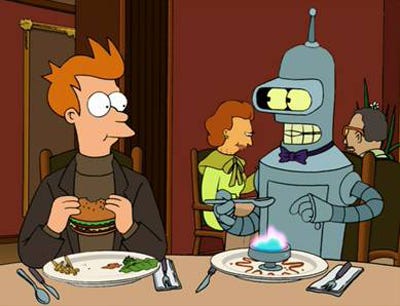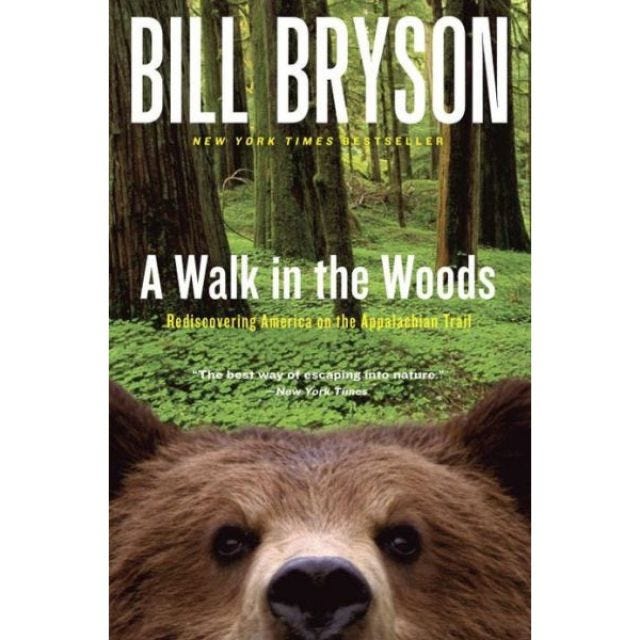So What, Who Cares (vol 2, issue 108) Why your parents' troubles might become your own

Hello! In a nice coincidence, no sooner had I launched Wednesday's So What, Who Cares? into the aether than I ran across the story "Tully’s Coffee launches fancy new iPad-based point of sale system," which is a nice follow-on to "Computer Tablets Take Over Part Of Restaurant Server's Job," via Planet Money back in May. So read up more on how quick-serve places are trying to see how they can reduce staff and make the customers do more of the work.
I live a provincial life where I get all excited about the artisanal diet cola at my Friday evening hang, so I have yet to run into the order-by-iPad experience. Anyone here done it yet? Tell me how it went via Twitter and email.
Handy reminder: I will be taking an end-of-summer break from So What, Who Cares? from August 24 to September 4, but will mark la rentrée with a Labor Day issue on September 7.
*
Researchers conducted a small study of 32 Jewish men and women who had been hidden during World War II, witnessed or experienced torture, or who had interned in a Nazi concentration camp. And what they found was that the genes of those people's children -- which were linked to an increased likelihood of stress disorders -- could have only been changed due to their parents' Holocaust exposure.
So what? According to the Mount Sinai hospital researchers, the link between trauma in one generation and stress disorders in the next is "the clearest example in humans of the transmission of trauma to a child via what is called 'epigenetic inheritance' - the idea that environmental influences such as smoking, diet and stress can affect the genes of your children and possibly even grandchildren."
Such a finding suggests that traits are not merely transmitted by DNA, but by environmental factors that turn genes on or off. It also adds data to the body of research exploring how people react to crisis as it's unfolding, and then afterward (vol 1, issue 13; vol 1, issue 45).
Who cares? If this research holds up and you can, indeed, pass trauma down to subsequent generations, then crisis responses and subsequent rebuilding efforts may have to change in order to minimize or prevent the long-term impact of trauma on the descendants of displaced and traumatized people.
*
Your pop-culture note of the day: I joke a lot that the reason I subscribe to Outside magazine is because I enjoy the running monthly feature, "Here's another gruesome way to die al fresco!"

But perhaps it's time to fact-check my joke. So here are some memorable gruesome ways to die al fresco, featuring: eating undercooked black bear meat; getting whimsical in Alaskan backcountry; merely exercising; being a Sherpa on Everest; being a hiking porter in Papua New Guinea; being an environmentalist trying to save turtles; being eaten by a crocodile while kayaking the Nile; doing a Tough Mudder race; taking out a wooden boat right as a hurricane hit land; being a millionaire who decamps to Costa Rica.
There's a thread running through all of these stories, which is: We never really bring civilization with us into the backcountry; that makes our fellow humans the most treacherous thing we encounter in the wild. Nature itself is morally neutral.
This month's gruesome way to die al fresco is not online yet, but if you can find the September 2015 issue, the feature "Up on Cove Mountain" dissects a double murder on the Appalachian Trail and how it's affected trail hikers for decades. Reading that feature last weekend made me want to dig up my copy of Bill Bryson's A Walk in the Woods -- a classic Brysonian exploration of a subject by using his experience as the framing device and one of the funniest books I've read about "Man's Quest To Conquer Some Sort Of Outdoors Ordeal" -- and to have a good long think about the consistent, dumb luck Cheryl Strayed had at every leg of her journey during Wild.
*
AUGUST FOOTER HERE: Here's a free and easy way to show people you like them -- send them here to subscribe to So What, Who Cares? You can plumb the archives here. You can always reach out to me via Twitter or email. You can go where you want to/ to a place they'll never find/ and we can act like we come from out of this world/ and leave the real one far behind.

